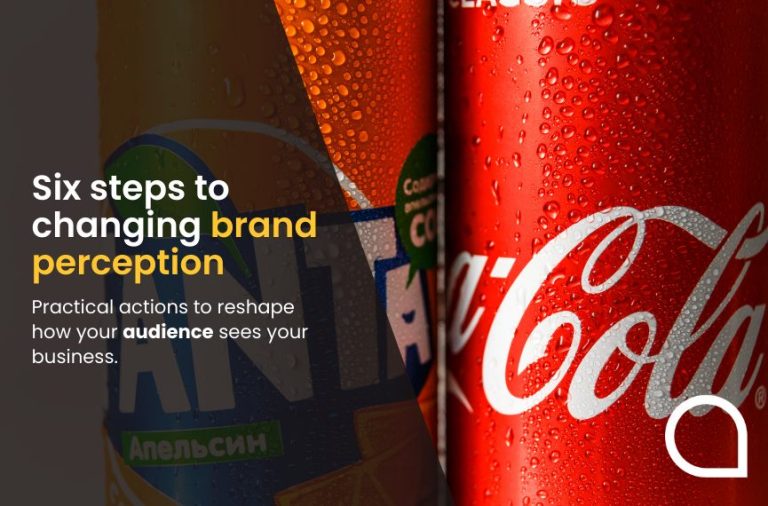Despite the long-awaited ruling for one of the most significant antitrust actions in recent U.S. history, everyday website owners remain at the mercy of Google’s dominance in online search, left frustrated by the judge’s underwhelming decision that, ultimately, changes nothing.
The verdict: a light touch
Announced on September 2 2025, a ruling by U.S. District Judge Amit Mehta in the Department of Justice’s (DOJ) antitrust case against Google determined that the tech giant will dodge the harshest penalties – such as being forced to sell its Chrome browser.
Instead, it will be required to share search data with competitors and prevented from entering into exclusive contracts.
How we got here
- October 2020: Lawsuit filed by the DOJ and state attorneys general against Google, alleging it used exclusionary contracts to maintain a monopoly in search
- September 2023: Case started in federal court, focusing on Google’s default search deals with companies like Apple and Mozilla
- August 2024: Judge Amit Mehta’s ruling that found Google had unlawfully maintained a monopoly in the internet search market, but delayed a decision on remedies. Following the ruling, the Justice Department issued a statement from then Attorney General Merrick B. Garland who said:
“This victory against Google is an historic win for the American people, “No company — no matter how large or influential — is above the law. The Justice Department will continue to vigorously enforce our antitrust laws.”
Merrick B. Garland Tweet
- September 2025: Judge ordered limited remedies, meaning Google will avoid the most severe penalties.
What is actually changing?
- Google retains control of Chrome and Android: This ensures continued dominance in online search and mobile.
- Some data sharing requirements: Some of Google’s search data, such as portions of its search index, must be shared with “qualified competitors” which could support the growth of smaller search engines (like DuckDuckGo and Bing).
- Certain competitors can display Google’s search results: By using these results as their own, Google’s rivals can concentrate more of their time and resources on driving innovation.
- Google can’t hold exclusive contracts: The tech giant is permitted to pay companies like Apple and Samsung for search engine distribution on devices and browsers, but it can’t maintain exclusive contracts.
Google’s response to the judge’s verdict
In response to the ruling, Google has released a statement, saying:
“Now the Court has imposed limits on how we distribute Google services, and will require us to share Search data with rivals. We have concerns about how these requirements will impact our users and their privacy, and we’re reviewing the decision closely.
“The Court did recognise that divesting Chrome and Android would have gone beyond the case’s focus on search distribution, and would have harmed consumers and our partners.”
Business as usual for everyday website owners

While the ruling includes some measures aimed at promoting competition, it stops short of mandating any meaningful changes to Google’s core products – that’s Chrome, Android, or Search.
In other words, the foundations of its dominance remain completely untouched.
In fact, it may have reinforced the company’s position.
The limited impact of the decision on both Google and investor confidence is underscored by the market’s response. Per CNBC, Google’s shares jumped 8% following the announcement, hardly the reaction to a meaningful regulatory blow.
To make matters worse, Google has already indicated that it plans to appeal both the decision and its limited remedies, potentially keeping the case stuck in legal limbo for years before any penalties can actually be enforced and have sufficient time to take effect.
Ultimately, Google will continue to dominate the search market and website owners will remain heavily dependent on a single company to drive their online visibility, traffic, and leads – leaving nothing changed for businesses.
And with Google aggressively pushing AI integration into search via AI Overviews and the newly introduced AI Mode, businesses must continue to grapple with the disastrous consequences of their content being scraped, regurgitated and summarised, and then displayed without proper credit or links.
The result? Plummeting click-through rates (CTRs) and dwindling website traffic
The stark reality for small businesses is: either allow Google to index their content and risk losing control over how it’s used, or opt out and all but vanish from the web.
It’s a lose-lose scenario in a market stacked against them.
The solution? Diversify or die
One potential strategy is for website owners to optimise their content for Large Language Models (LLMs) and AI-powered search by focusing on E-E-A-T – Experience, Expertise, Authoritativeness, and Trust – and this can certainly help.
But if this situation proves anything, it’s that the old business adage still holds true: relying on a single source of income is a recipe for disaster.
Just as no savvy business would depend on one customer or advertiser to stay afloat, putting all your eggs in Google’s basket is equally risky and unsustainable.
Nothing about this ruling is likely to disrupt Google’s dominance in search any time soon.
And with that in mind, website owners must take proactive steps to diversify their traffic sources and revenue streams, ensuring their survival without relying solely on the almighty Google.
For expert help adapting to the ever-evolving search landscape, talk to Aqueous Digital.
Specialists in search, we can help you optimise not just for Google, but for Microsoft Bing and other emerging platforms – a critical move as AI-powered tools are increasingly rely on Bing’s index, not Google’s.
In today’s shifting SEO environment, diversifying your search strategy isn’t just smart, it’s essential. Let’s make sure your content is visible where it matters most.





